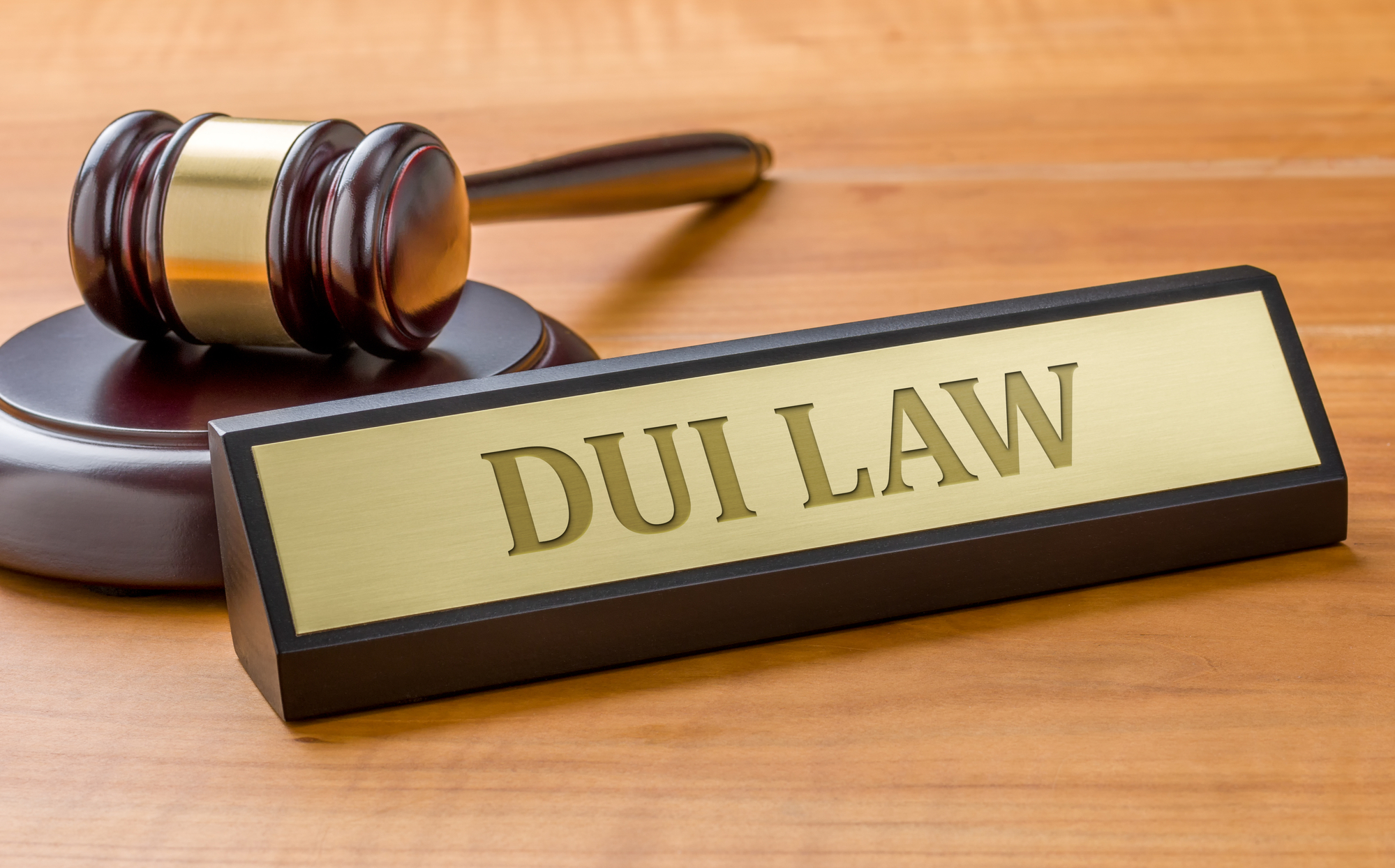When it comes to owning a firearm in Maryland, responsibility is the name of the game. Whether you’re buying your first gun or adding to your collection, firearm background checks play a crucial role in making sure guns don’t end up in the wrong hands. If you’re new to the process or just need a refresher, here’s what you need to know about how Maryland handles these checks, specifically focusing on the state of Maryland criminal background check process.
Here are the topics we’ll cover today.
- Why are firearm background checks important?
- Maryland’s process for firearm background checks
- How long does the process take?
- Can you be denied?
With that said, let’s start by covering why gun background checks are important.
Why Are Firearm Background Checks Important?
At the core, firearm background checks are designed to keep our communities safer. By screening potential gun buyers through the state of Maryland criminal background check, Maryland aims to prevent individuals with certain criminal records, mental health issues, or other disqualifying factors from purchasing firearms. It’s not about making gun ownership harder—it’s about making it safer for everyone.
Here’s why firearm background checks are so important:
- Keep Guns Out of the Wrong Hands: Background checks help stop individuals with violent criminal records, domestic abusers, or those prohibited by law from legally purchasing firearms.
- Prevent Firearm-Related Crimes: By screening buyers, these checks reduce the chances of firearms being used in crimes like armed robbery, assault, or homicide.
- Address Mental Health Concerns: Individuals with a documented history of severe mental health issues that may pose a risk to themselves or others can be flagged during the state of Maryland criminal background check.
- Protect Victims of Domestic Violence: Many firearm-related tragedies involve domestic disputes. Background checks help prevent abusers subject to restraining orders from obtaining firearms.
- Reinforce Responsible Gun Ownership: Background checks serve as a filter that ensures only law-abiding and responsible individuals have legal access to firearms.
- Reduce the Risk of Mass Shootings: While no system is perfect, the state of Maryland criminal background check can help identify individuals who might pose a larger threat to public safety.
- Promote Public Confidence in Gun Laws: Knowing that checks are in place helps reassure the public that gun sales aren’t happening unchecked and that safety is being prioritized.
- Ensure Compliance with State and Federal Laws: Maryland’s background checks align with both state and federal regulations, preventing legal complications for buyers and sellers.
- Help Law Enforcement: These checks create a paper trail that can assist law enforcement during investigations involving stolen or misused firearms.
- Encourage Safe Gun Culture: By making the state of Maryland criminal background check a routine part of buying a firearm, it reinforces the message that gun ownership is a serious responsibility, not just a transaction.
Maryland’s Process for Firearm Background Checks
Maryland implements stringent firearm regulations that often exceed federal requirements. The process for purchasing regulated firearms—handguns and assault weapons—involves multiple steps and oversight by the Maryland State Police (MSP).
Key Steps for Purchasing Regulated Firearms
Here are some key steps you need to follow.
1. Obtain a Handgun Qualification License (HQL):
- Complete a 4-hour firearms safety training course.
- Submit fingerprints as part of the HQL application, initiating the state of Maryland criminal background check.
- Wait for MSP approval (valid for 10 years).
2. Submit a 77R Application:
- Fill out the Maryland State Police 77R form for each regulated firearm purchase.
- Provide government-issued ID and proof of residency.
- Present your valid HQL.
3. Undergo the Mandatory Waiting Period:
- Observe a 7-day waiting period while MSP conducts the background check.
- MSP reviews criminal history, mental health records, and other potential disqualifying factors.
4. Finalize the Purchase:
- If approved through the state of Maryland criminal background check, complete the transaction with the licensed dealer.
- Note: You can only purchase one regulated firearm every 30 days.
Additional Information
- For non-regulated firearms (most rifles and shotguns), dealers conduct federal NICS checks directly through the FBI.
- If denied, there is a structured appeals process involving documentation submission and MSP review.
Maryland’s system ensures a comprehensive vetting process for regulated firearm purchases, combining education, licensing, and thorough background checks to promote responsible gun ownership.
How Long Does the Process Take?
One thing people often ask about firearm background checks in Maryland is how long it takes. For regulated firearms, the seven-day waiting period is mandatory while the state of Maryland criminal background check is processed. Even if your check comes back clear on day one, you’ll still have to wait out the full week. For non-regulated firearms, the federal NICS check is usually completed within minutes of purchase.
Can You Be Denied? Yes, and Here’s Why
Yes, firearm background checks can result in a denial. Some common reasons include:
- Felony convictions
- Certain misdemeanor convictions
- Protective or restraining orders
- Mental health adjudications
- Illegal drug use or addiction
- Domestic violence offenses
If you’re denied through the state of Maryland criminal background check, you’ll receive information about why and how you can appeal the decision if you believe it was made in error.
Wrapping Up
At the end of the day, firearm background checks aren’t meant to be a hassle. They’re a critical part of ensuring that firearms stay in the hands of responsible, law-abiding citizens. Maryland’s extra steps might feel like a lot at first, but they reflect the state’s commitment to balancing Second Amendment rights with public safety.
If you’re planning to buy a firearm in Maryland, knowing the ins and outs of the state of Maryland criminal background check process is key. Not only does it keep you on the right side of the law, but it also helps you become a more responsible gun owner—something we should all strive for. So, if you need any further guidance, then contact us at Scheuerman Law and schedule an appointment.
Contact Scheuerman Law LLC if you require legal guidance or assistance with firearm background checks in Maryland!
FAQs
Here are some FAQs related to firearm background checks in Maryland.
1. Do I need a background check to purchase any firearm in Maryland?
Yes. All purchases of regulated firearms (such as handguns and assault weapons) require a background check conducted by the Maryland State Police. For non-regulated firearms (most rifles and shotguns), a federal NICS check is performed by the dealer at the time of purchase.
2. What is a Handgun Qualification License (HQL), and who needs one?
A Handgun Qualification License (HQL) is required for anyone wishing to purchase a handgun in Maryland. To obtain an HQL, you must complete a state-approved firearms safety training course, be at least 21 years old, and pass a criminal background check.
3. How long does the background check process take when buying a regulated firearm?
Maryland law mandates a mandatory seven-day waiting period for regulated firearm purchases, during which the Maryland State Police conduct the background check. Even if the check is completed early, you must wait the full seven days before taking possession of the firearm.
4. What factors can cause a denial during the background check?
You can be denied if you have felony convictions, or certain misdemeanor convictions, are subject to protective or restraining orders, have a history of mental illness, or are a habitual user of controlled substances. The Maryland State Police will notify you and the seller if your application is disapproved.
5. Can I appeal if my firearm purchase is denied after a background check?
Yes. If your background check results in a denial, you will receive information on the reason and instructions on how to appeal the decision. The appeals process involves submitting documentation and may include a review by the Maryland State Police.








